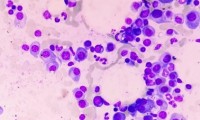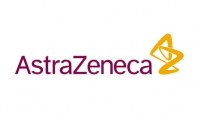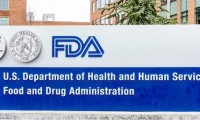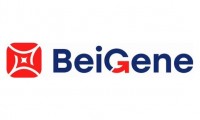-
FDA’s Oncologic Drugs Advisory Committee Recommends Earlier Treatment with Carvykti for Relapsed or Refractory Multiple Myeloma
- Source: drugdu
- 380
- March 20, 2024
-
AZ/Merck’s Lynparza approved by SMC to treat advanced prostate cancer in Scotland
- Source: drugdu
- 394
- March 20, 2024
-
Birmingham’s VR-assisted training centre for excellence to support future vaccine makers
- Source: drugdu
- 320
- March 20, 2024
-
CanSinoBio (Shanghai) and AsymBio have entered into a strategic cooperation.
- Source: drugdu
- 291
- March 20, 2024
-
FDA Approves First Gene Therapy for Children with Metachromatic Leukodystroph
- Source: drugdu
- 371
- March 20, 2024
-
BeiGene’s Tevimbra receives FDA approval to treat advanced oesophageal cancer
- Source: drugdu
- 415
- March 20, 2024
-
A Startup’s Flexibility With ADC Cancer Drugs Attracts €128M for Clinical Trials
- Source: drugdu
- 459
- March 19, 2024
-
FDA Approves Tevimbra, BeiGene’s Treatment for Adults with Unresectable or Metastatic Esophageal Squamous Carcinoma
- Source: drugdu
- 301
- March 19, 2024
-
NHS to roll out AI to improve waiting times and reduce missed appointments
- Source: drugdu
- 325
- March 19, 2024
your submission has already been received.
OK
Subscribe
Please enter a valid Email address!
Submit
The most relevant industry news & insight will be sent to you every two weeks.

















